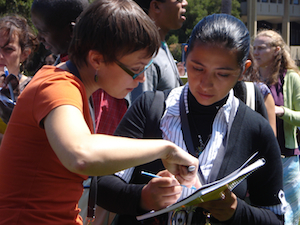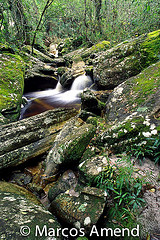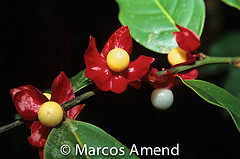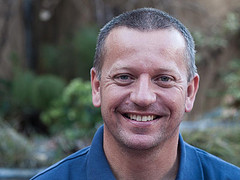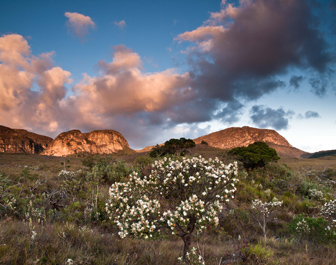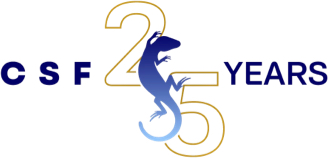News
CSF-Brazil analyst Fernanda Alvarenga returned to the Southern Amazonas state last week to help locals complete business plans to sustainably use forest resources. The technical assistance sessions followed a business plan training delivered with CSF's Leonardo Fleck and partners from the FORTIS consortium.
Each year conservation professionals from around the world join Conservation Strategy Fund for a two-week course where they learn to use economics to be more strategic and successful in their work. This year students will be coming from 12 countries and 5 continents to participate in this one-of-a-kind course being held August 15th-26th at Stanford University. Watch the video below to find out more about the course and what participants from last year plan to do with what they learned. You may also click here to watch it on our You Tube site.
A study (in Portuguese) led by Marcos Amend of Conservação Estratégica (CSF-Brazil) has calculated the financial incentive that will be needed to change the destructive pattern of cutting a burning forest to open new pasture. The study, "Subsidies for Cattle and Conservation: Estimates for the Municipality of Humaitá," looks at what it would take to encourage landowners to restore degraded pasture instead of clearing forest, focusing on a sprawling territory in the state of Amazonas, one of the main "fronts" of deforestation. The team found that it would cost R$292/hectare/year (US$74/acre/year) to deter deforestation.
Learn how the calculation of financial incentives protects nature.
For the full article (in Portuguese), please click the link below:
http://planetasustentavel.abril.com.br/noticia/ambiente/quanto-ganha-qu…
On March 29th and 30th, 2011, CSF Brazil Technical Manager Leonardo Fleck led a conservation economics workshop at an event organized by the TEEB initiative (The Economics of Ecosystems and Biodiversity) from the United Nations Environment Program. The event was held in Corrientes, Argentina, and was co-sponsored by the Avina Foundation. The workshop aimed to promote the use of economics in environmental conservation with a focus on climate change. The workshop was attended by 80 participants from various governmental and non-governmental organizations, including representatives from Argentina, Chile, Bolivia, Brazil, Uruguay, Paraguay and Bolivia. Leonardo taught principles of microeconomics, environmental valuation and cost-benefit analysis.
Dear CSF Course graduate,
How has economics helped you protect nature?
Have you used the tools you learned in your CSF course in your work?
Tell us your story, and we will help you share it with the CSF community and the world. The author of the best story will win a brand new Apple iPad!
For the full details, click here.
For Conservation Strategy Fund's Brazil Executive Director Marcos Amend was featured on Santa Rosa, California's KRCB, discussing economic development as an alternative to deforestation in the Amazon basin. He also explores the work CSF does to prevent destructive roads from being built through the rainforest.
To hear what Marcos has to say, click here.
John Reid discusses California's Proposition 23 and what it would mean for the fate of rain forests in an op-ed featured in Santa Rosa's Press Democrat. "California has always led on environmental policy, but never in the wrong direction." To read the article, click here.
Who is CSF and how do we use economics to protect nature? Mongabay conducted an interview with CSF Founder John Reid to find out. You can click to read the article here.
Conservation Strategy Fund and the Duke Environmental Leadership (DEL) Program are pleased to announce the course Economics of Tiger Conservation in partnership with the World Bank Institute and the Global Tiger Initiative. This one-week course held in North Carolina this November will help environmental professionals working on tiger conservation issues gain knowledge and technical skills for conducting applied economic research in support of endangered species protection.


